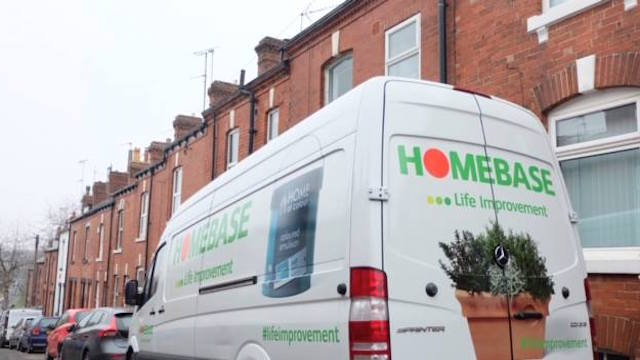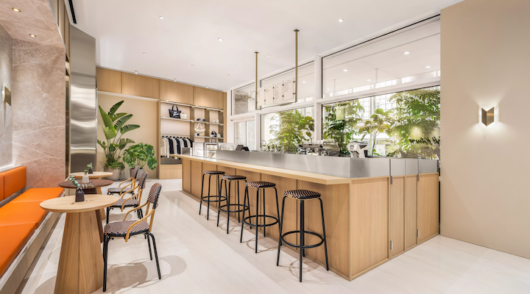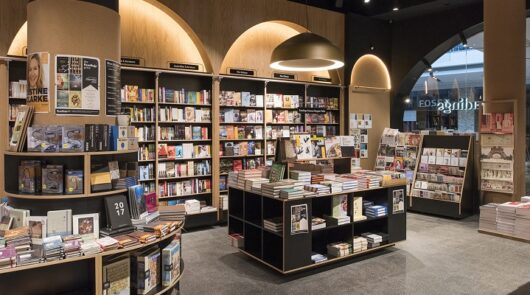With the sale of Homebase to Australian retailer, Wesfarmers, having been completed in February, the latest trading update from vendor Home Retail Group focussed on the progress made at Argos.
Home Retail Group reported a full year pre-tax loss of £804 million following an £852 million exceptional goodwill impairment charge that relates to Sainsbury’s’ acquisition of Argos.
Since the sale, attention has turned to what direction the new business will take, with the DIY world set to be shaken up by a new entrant from Down Under.
The end is nigh for Homebase, with rumours abounding that new owner, Wesfarmers, will roll out the Bunnings brand in up to nine stores by this Summer. Speculation is also rife that the more DIY-focussed Bunnings will tweak the product mix at Homebase, reducing its homewares and soft furnishings offer and strengthening its proposition in gardening. Meanwhile, Argos concessions will be removed from stores over the next 18 months.
A change in strategy has already been in evidence, with Homebase moving away from promotion-led pricing to Everyday Low Prices, recently undercutting B&Q and Wickes on Dulux emulsion. One of the core pillars of the Bunnings brand, moving to consistent low prices will be a big challenge for Homebase, which has seen its gross margin decline in each of the last two years and boasts a slim operating profit of just £23.5 million. A more aggressive stance on pricing will certainly put the wind up rivals, B&Q and Wickes, which have been used to Homebase eschewing being competitive on price. If the rumours about the changing product mix also prove accurate, then Bunnings is set for collision course with B&Q, known for its aggressive stance on pricing, certainly a bold approach from the new comer.
Bunnings appears set to be betting big that there is life in the UK consumer DIY market yet. With market leader, B&Q going in the opposite direction and closing stores, it is a brave assessment of the market and one which is set to turn the heat up on its more established rivals.
Argos focuses on digital
Meanwhile, Argos has placed a focus on improving its digital fulfilment in FY16, evidenced by the introduction of Fast Track Delivery and Collection, aided by its hub & spoke distribution network. Its aim, something that other retailers should take note of, is to leverage its large store network rather than see it as a burden, and use it to drive both online and instore sales. This will keep Argos relevant, and competitive, against pure-play rivals.
A net increase of 90 new stores this year, bringing the total to 845, was not enough to offset weak like-for-like trading at Argos, and it saw no growth in total sales. Momentum improved throughout the year however, with fairly encouraging growth of 1.6 per cent in the final eight weeks, though disappointing on a like-for-like basis, down 1.1 per cent versus a 4 per cent decline last year. Argos has been keen to stress that this decline is in part due to cannibalisation from its new digital stores, impacting like-for-likes by around 1 per cent meaning like-for-like trading was broadly flat. Argos will need to prove this to investors this time next year with buoyant like-for-like trading from its new stores.
The board at Home Retail Group has recommended an offer from grocer Sainsbury’s for a takeover, following the completion of its sale of the Homebase chain. Under its new stewardship, Argos will receive welcome investment, and the potential to expand its digital concessions into more Sainsbury’s stores. Its new owners must continue to leverage the significant Argos store network in order to maintain an advantage over its online rivals that do not benefit from a physical presence.
- David Alexander, who commented on Homebase, is a consultant at Verdict Retail. Andrew Stevens, who commented on Argos, is a senior analyst with Verdict Retail.






